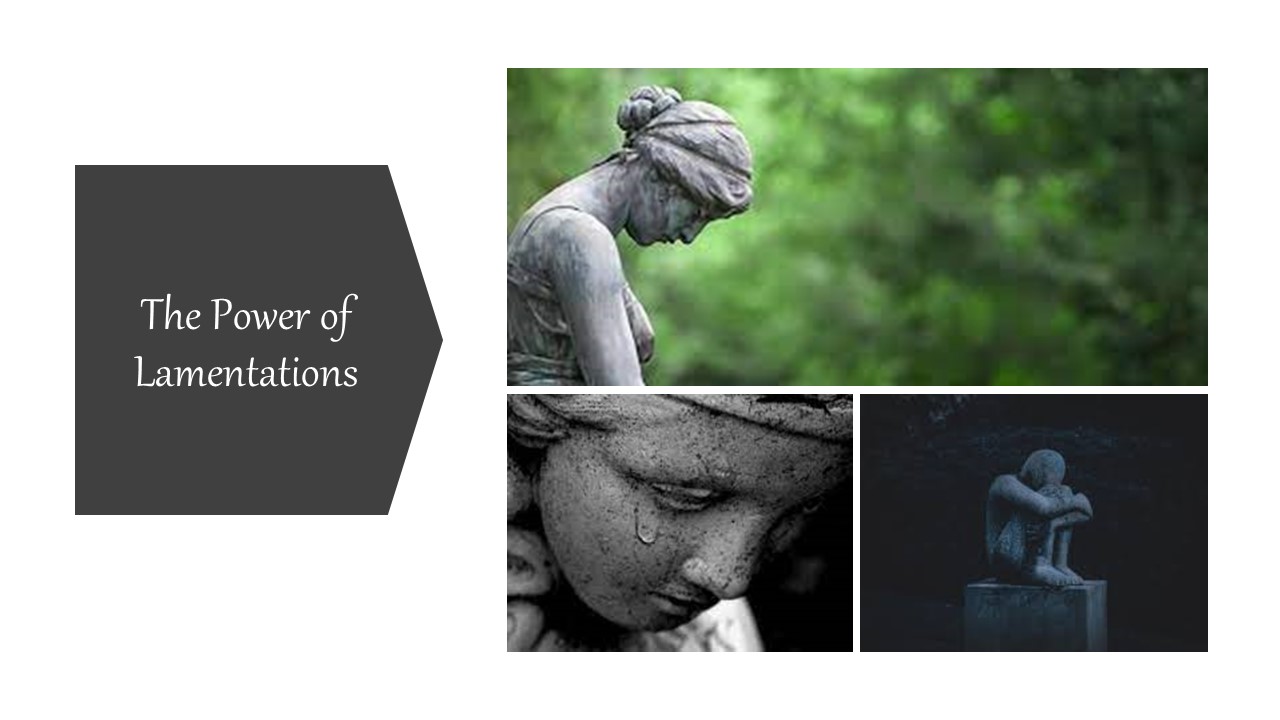Genesis 31 chronicles Jacob's decision to leave Laban's household after twenty years of exploitation. Prompted by God's command and Laban's growing resentment, Jacob, with his wives Rachel and Leah, secretly departs, taking his family and possessions. Rachel's theft of Laban's household gods adds a layer of complexity to the departure, sparking debate about its motivations and implications.
Laban pursues Jacob, leading to a confrontation in Gilead. God intervenes, warning Laban against harming Jacob. Despite accusations of theft, Jacob defends his actions, citing Laban's deceit. Rachel's clever concealment of the idols prevents their discovery. Jacob then confronts Laban about his years of exploitation, asserting his own strength and God's protection. This leads to a covenant between them, establishing a boundary and allowing Jacob to continue his journey.
Jacob's journey continues in Genesis 32, where he faces his past with Esau. Despite divine reassurance, fear grips him, leading to strategic preparations and heartfelt prayer. He acknowledges his unworthiness and pleads for God's protection, demonstrating a shift from cunning to humility. He sends gifts to Esau, attempting to reconcile before their meeting. The narrative emphasizes God's faithfulness, the dangers of deception, and the importance of healthy boundaries, offering lessons for believers navigating complex relationships and trusting in God's promises.

The Book of Acts is chock full of people, events, and even expressions that are unique to that book. We explore ten notes from...

In this episode of the 10:10 Thrive Podcast, we explore Jesus' encounter with a Syrophoenician woman. Before this conversation, Jesus challenges the religious assumptions...

To lament is to express deep regret, grief, or sorrow. We can lament through words or actions. Grief is a common human experience, and...